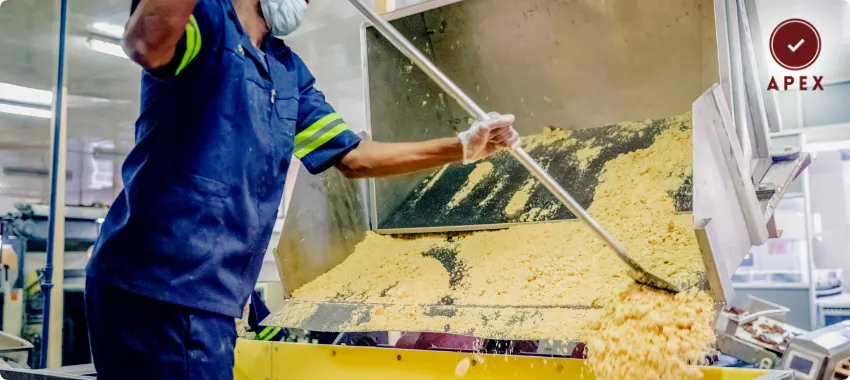
With increased awareness of customers concerning religious and ethical food decisions, Halal Certification in the food business has become a requirement in Oman. Halal is not just a label, it symbolizes that food as well as the food supply chain is compliant with Islamic dietary statutes, quality, and integrity.
As a meat processor, restaurant owner, cosmetics producer, or exporter, acquiring Halal certification in Oman will help you to improve your credibility headship, market development, and to be in line with Islamic values. Halal certification is not only a cultural responsibility but also a benefit to the business in a country that has a significant population living a Muslim lifestyle such as Oman.
What is meant by Halal Certification?
Halal is the Arabic word translated as “permissible” or “lawful” in the Islamic term. The Halal Certification is a body that ensures that the products, processes, and ingredients follow the laws laid out in the Quran and Hadith. On food and beverage products, this involves making sure:
- All ingredients are pork-free, alcohol-free, and non-Halal animal products free
- Slaughtering is done by (Zabiha) Islamic process
- Non-Halal items are not found in utensils and other equipment
- Strict hygiene and Halal procedures are used in handling, storage, and packaging
This certification is also given to pharmaceuticals, cosmetics, and even logistics so as to preserve the Halal integrity at all stages of production and distribution of this good.
Market Significance of Halal Certification in Oman
The importance of the Halal certification in Oman lies in the religious makeup and the increasing interest in Sharia-compliant products. It is also useful to companies that want to exploit the rich GCC, Southeast Asia, and the global Muslim market where there is a growing demand for Halal-certified products.
Halal certification is also of great benefit to Omani food businesses and organizations such as restaurants, exporters, supermarkets, and slaughterhouses:
- Consumer Confidence: Displays religious conformity and separation of products
- Market Reach: Allows access to global halal markets
- Trust and Transparency: Create a strong reputation, ethical and hygienic production
- Regulatory Compliance: Complies with the local and international Halal export regulatory requirements
Over the past few years, exports have been on the rise in Oman, and most of the international customers demand formal certification of Halal before they engage in trade agreements.
Industries in Oman that require Halal Certification
Halal certification is not confined to meat and fowl companies. It is very applicable in various industries:
- Food Processing and Manufacture
- Slaughterhouses of meat and poultry
- Restaurants and Catering Services
- Milk and Drink Producers
- Drugs and Supplements
- Cosmetics and Personal Care Products
- Cold chain Provider and Logistic providers
- Packaging and Storage units
When every level of an enterprise is Halal compliant, then not only are they able to cater to the local demands, but they are also able to avail of international Halal trade.
Getting Halal Certification in Oman
The following is an easy guide to the procedure of businesses seeking the Halal Certification in Oman:
- Application: The Company applies to a well-recognized Halal certification entity.
- Review of documentation: Ingredient and supplier details, processes, and hygiene standards are reviewed to ensure compliance.
- Inspection and Audit: Audits are conducted on-site to ensure that production, handling, and normal storage practices meet the Halal guidance.
- Training of employees: Employees in production processes should know what Halal requires and how hygiene should be maintained.
- Certificate: A certificate is given to the company after successful compliance and in most cases, it is issued with a one-year duration after which it can be renewed.
To guarantee acceptance across the globe, the certification has to be acquired by a renowned Halal organization recognized by the respective Omani authorities, or overseas accredited Islamic councils.
